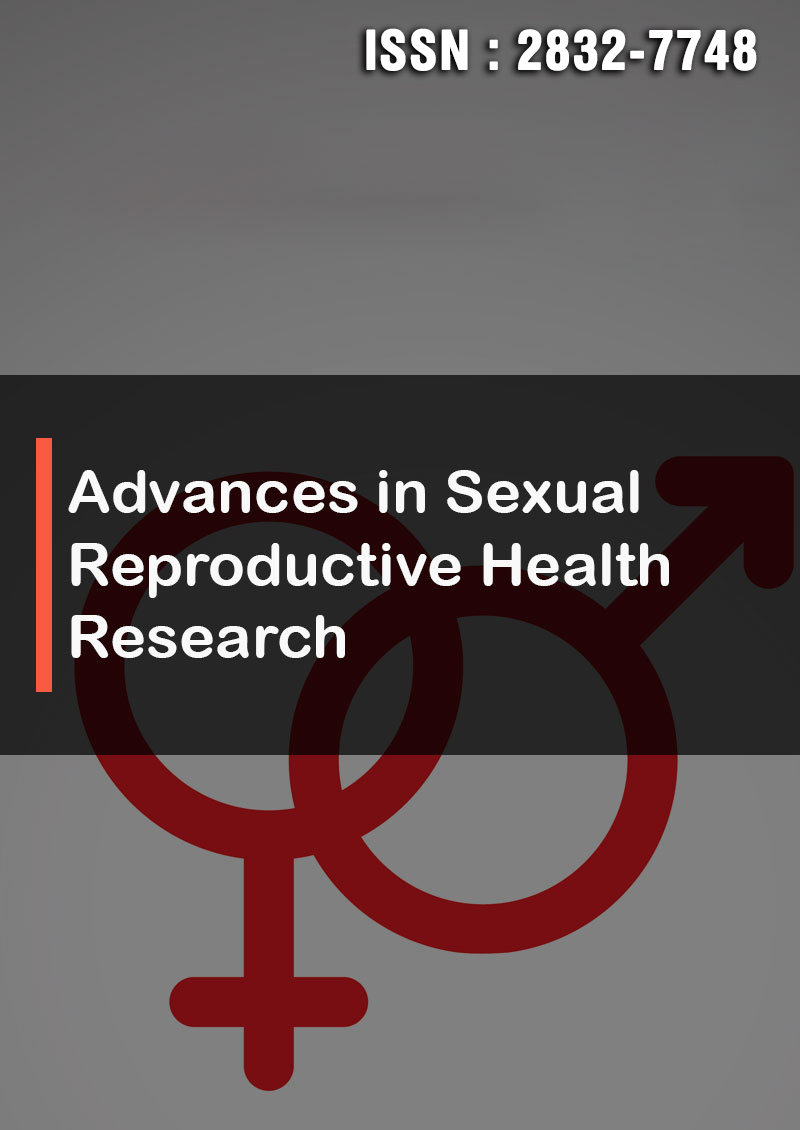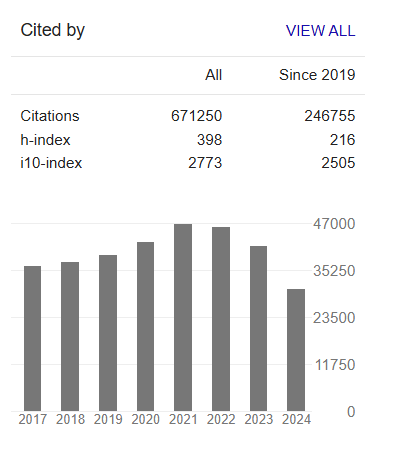Perceptions of Indigenous Kiboga Men on Use of LARCs by Their Partners
Abstract
Ronald Arineitwe Kibonire and David D. Mphuthi
Worldwide, unintended pregnancies pose a significant public health concern, affecting several women in countries that are in low and middle-income categories, with an estimated annual incidence of 74 million. The African continent is responsible for around 25% of unwanted pregnancies worldwide. Unintended pregnancies may result in many health-related issues for both mothers and children including deaths. Family planning methods, especially long-acting reversible contraceptives, are some of the effective approaches in mitigating maternal mortality, especially those resulting from the effects of unplanned pregnancies. The LARCs assist women in postponing pregnancy and enable them to have extended intervals between childbirths even though their uptake in Uganda, is hindered by the lack of men’s support.
This study aims at gaining insight into the perceptions of indigenous Ugandan men living in Kiboga district in North- Central Uganda on the utilisation of LARCs by their wives. The researchers used purposive sampling to choose a total of 20 participants for focus group interviews and 10 participants for individual interviews. The selected participants were married men or those with female sexual partners between the ages of 20 and 49 years. Semi-structured interview guides were used for both individual and focus group interviews.
Data analysis was performed by transcribing the interviews, sorting the field texts, organising, and storing the data, listening to recordings, and scanning field notes for patterns related to the perceptions. The patterns were coded and categorised to build the theme emerging on the phenomenon. The study revealed that indigenous men had negative perceptions that limited their support for LARC use by their wives. These included perceived side effects, fears like malformed babies, adultery, and single mothers. The study recommended strong social behavioural change communication to educate the men on LARCs to address the negative perceptions and to strengthening service delivery for LARCs.




